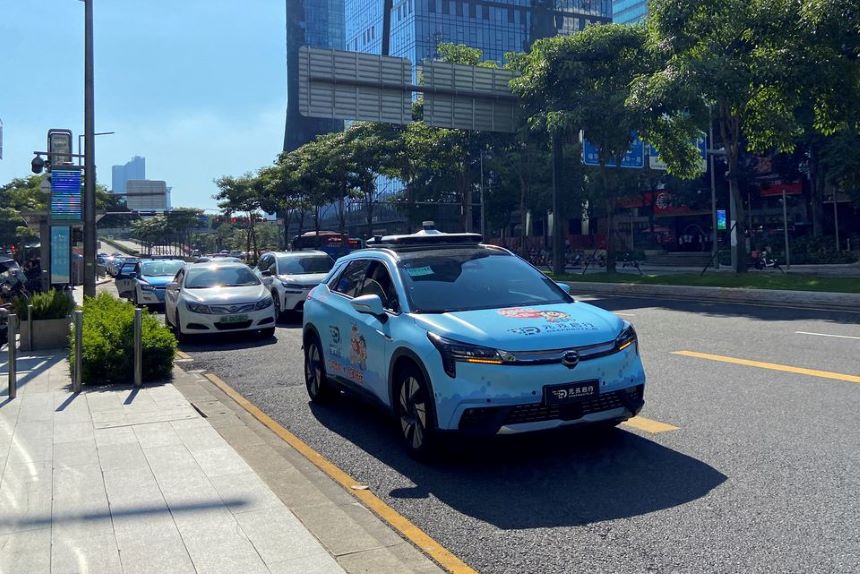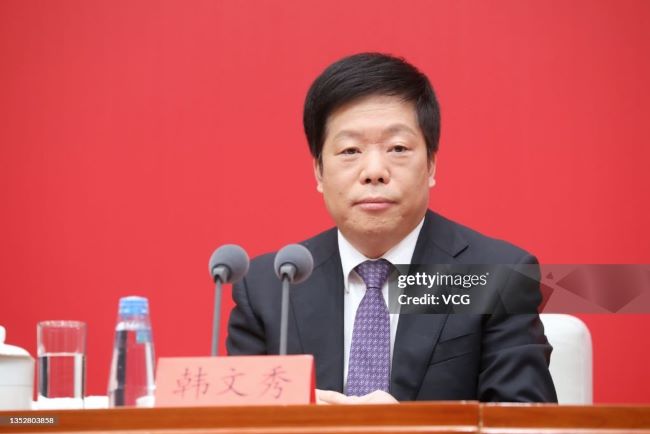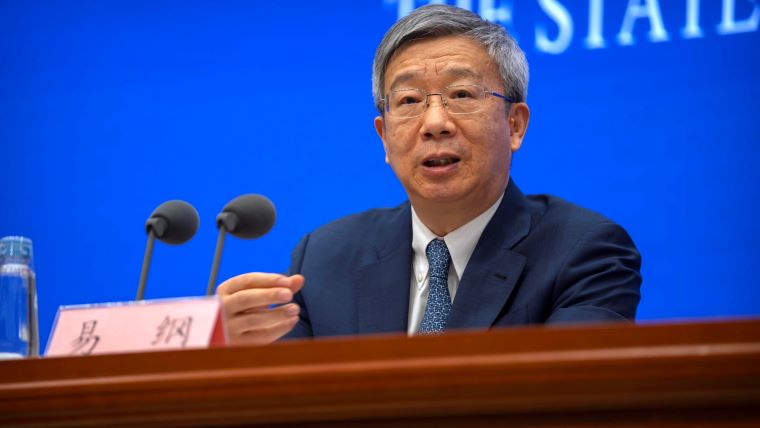Sonali Ray, writer
Brief news
- Deeproute.ai, a Chinese autonomous driving company, secured $100 million in funding, primarily from Great Wall Motor, and maintains a close partnership with Nvidia for advanced driving technologies.
- The firm plans to launch a new system utilizing Nvidia’s Thor processor next year, aiming to enhance its driver-assist technology, which is currently in over 20,000 vehicles.
- Deeproute focuses on AI-driven solutions rather than high-definition maps, positioning itself competitively against Tesla and other industry players in China’s autonomous driving market.
Detailed news
BEIJING – The Chinese business Deeproute.ai, which is working on building autonomous driving systems, made the announcement on Tuesday that it has received a funding round of $100 million from an unnamed manufacturer. The company also highlighted its tight links with the chipmaker Nvidia.
According to the data from the pitchbook, the Chinese corporation Great Wall Motor was the principal investor.
According to Maxwell Zhou, CEO of DeepRoute.ai, who spoke to reporters on Tuesday in Mandarin and was translated by CNBC, it has been challenging to acquire money, particularly from a source that is not affiliated with the government.
In addition, Zhou stated that the firm is engaged in “deep cooperation” with Nvidia, mentioning that they have had “in-depth discussions” with Jensen Huang, the CEO of the chipmaker.
The GTC AI conference held by Nvidia in March was attended by a large number of people, and Zhou gave a presentation titled “Commercializing mass-produced autonomous driving solutions.”
Deeproute, which is situated in Shenzhen, has stated that the driver-assist technology it now employs is powered by Nvidia’s Orin processor.
The firm also mentioned that it is among the first group of companies in China to acquire Nvidia’s more recent Thor processor for automobiles. It plans to launch a new system that makes use of this chip in the next year. This system will be able to make use of more visual signals in order to manage more complicated driving scenarios.
There is a lot of competition among Chinese businesses in the field of autonomous driving. In reality, it is a contest over artificial intelligence,” Zhou stated.
In terms of artificial intelligence computer power, Deeproute has stated that it possesses its own capacity and is able to utilize Alibaba’s if it is required to do so. According to the startup, the e-commerce and cloud computing business led an investment round in Deeproute in 2021 that was worth $300 million. This gave the company a valuation of more than $1 billion just two years after it was established in 2019.
During the month of October 2022, the United States of America put extensive limits on China’s ability to get the most cutting-edge semiconductors manufactured by Nvidia and other American businesses. Chips produced for automobiles do not now belong to that category.
On November 20th, Nvidia is going to announce its financial results for the quarter that concluded on October 27th. The semiconductor manufacturer reported that its automotive division’s sales experienced a year-on-year increase of 37%, reaching $345 million for the quarter that ended on July 28.
Japan as the focus
The Chinese automakers that Deeproute now works with are selling their products in China. At the very least three different automobile models that utilize the company’s driver-assist technology are anticipated to be released to the public this year.
According to Zhou, Deeproute’s technologies are already operational in more than 20,000 vehicles that are now on the road. It is his expectation that this number will rise, maybe by a factor of 10, in the following year.
The firm, which has an office in California, has stated that it is interested in collaborating with automobile manufacturers from other countries and that it intends to take part in the auto show that will take place in Japan the following year.
The rivalry by Tesla
Rather of depending on “high-definition maps,” Deeproute has been concentrating on the application of artificial intelligence to the process of automatically driving automobiles. This makes it possible for a car to deploy driver assistance technology on roads where the necessary technical criteria have not yet been established.
Xpeng and Huawei are two examples of firms in the automotive technology industry that are pursuing this trend, as is Tesla’s goal for creating autonomous driving. In order to guide the vehicle, Elon Musk’s automobile firm has been concentrating on the use of cameras and artificial intelligence rather than relying heavily on high-definition maps.
These maps provide a car with a comprehensive view of the city streets, and they are utilized by firms that specialize in autonomous driving, such as Waymo, which is owned by Alphabet. But they have to be made before a vehicle can be driven on the road, which is a procedure that might result in an increase in expenses.
According to Zhou, the corporation is quite excited about the prospect of Tesla’s driver-assist product, which is referred known as “Full Self-Driving,” landing in China. His line of thinking is that the product that Tesla is releasing will inspire a greater number of consumers to have a greater interest in driver-assist capabilities, which will in turn increase Deeproute’s popularity in the industry.
When questioned about intentions for an initial public offering (IPO), Zhou stated that the firm will continue to expand at its own speed, but that it would be open to the most recent public offers made by other industry participants.
A month ago, the Chinese autonomous driving software firm WeRide went public on the Nasdaq, and Pony.ai, a company that operates robotaxis, has filed for an initial public offering in the United States.
The industry’s emphasis on driver assistance
An increasing number of businesses operating in China’s automobile sector are looking to driver-assist technology as a means of maintaining their competitive edge in the market.
An agreement to collaborate on the mass production of completely autonomous robotaxis was revealed by Pony.ai on Saturday. The arrangement was made with the new energy vehicle division of Beijing Automotive Group, which is controlled by the state.
On Monday, Tencent made the announcement that it has expanded its strategic partnership with Bosch, a German car industry supplier, in order to work on autonomous driving and cockpits that are equipped with technology. In 2020, the two businesses initially reached an agreement to collaborate strategically.
Source : CNBC news




